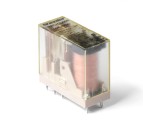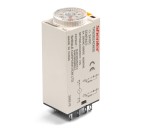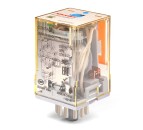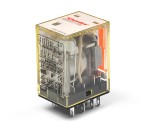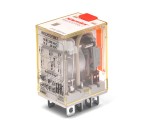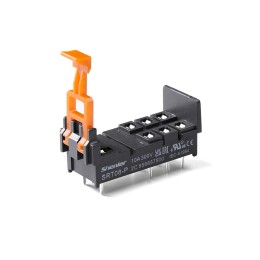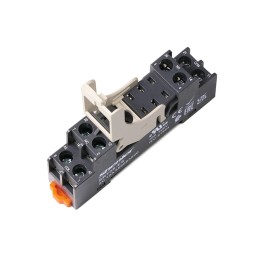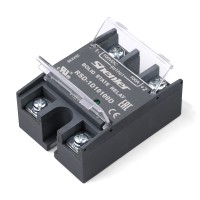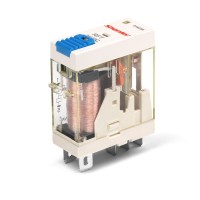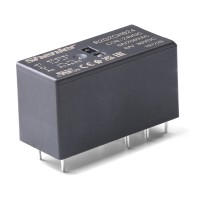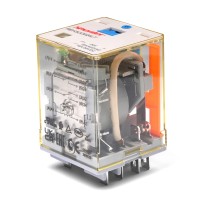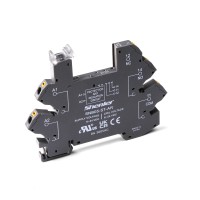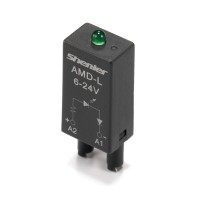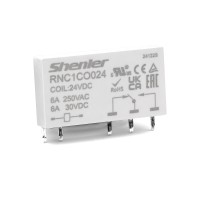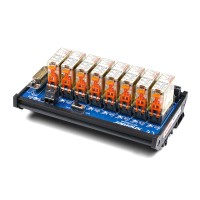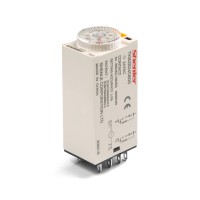Relay SocketDownload
A Relay socket is a specialized type of socket that is used to control a relay. When a relay is used to control a circuit, a relay base is used to connect the relay to the circuit. The base provides power to the relay and also provides a connection point for the control signal. The control signal can be from a switch, a sensor, or another type of electronic control device.
The relay socket is a great way to remotely control a light or appliance. It is easy to install and use, and it is very versatile. Our products include rail mounting, PCB welding or flange screw fixing, etc.
Shenler is a renowned manufacturer and supplier of high-quality relay bases in China. If you’re looking for a bargain on relay bases, look no further! We offer discounts on all customized products. All of our products are competitively priced.
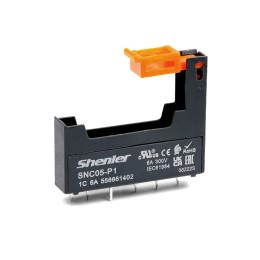
SNC05-P1 solid state slim relay PCB socket is specially designed for RSC series solid state slim relay.

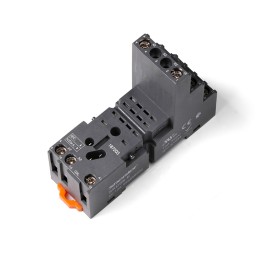
The SKC08-E S socket is used to protect circuits from short circuits and overloads.

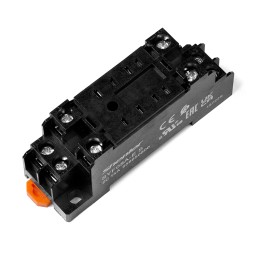
The SYF08A-E S socket provides the user with an easy way to install and operate the relay.

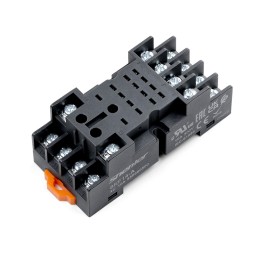
The SKF14-A socket is a tool for removing and installing power relays and utility relays.

What are relay sockets used for?
A relay is an electromechanical device that uses an electrical signal to open or close a circuit. Relay sockets are a reliable, safe and convenient way to connect relays to circuits, providing a secure grip and ensuring proper alignment of relay pins with circuit terminals.
The socket also provides an easy way to replace or upgrade relays without removing them from the circuit board. Relay sockets can be used in a wide range of applications including industrial control systems, automation equipment, power distribution systems and other circuits requiring switching functionality.

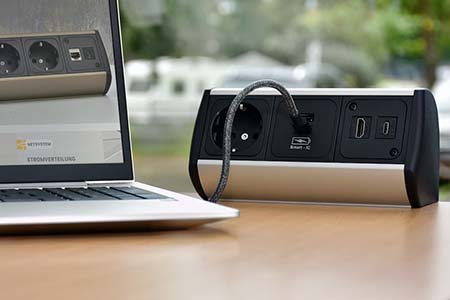
Types of relay socket
Relay sockets come in many different shapes and sizes. Some are designed for specific types of applications, while others are more general.
Here are some of the most common types of relay sockets:
DIN Rail Mount Relay Sockets: These sockets are designed to be mounted on a DIN rail, a mounting system commonly used in industrial applications.
Panel Mount Relay Sockets: These sockets are designed to be mounted on a panel, such as a control panel or instrument panel.
PCB Mount Relay Sockets: These sockets are designed to be mounted on a Printed Circuit Board (PCB).
Surface Mount Relay Sockets: These sockets are designed to be mounted on a surface such as a table or desk.
What are the guidelines for selecting the right relay socket?
When selecting a relay socket for your application, there are several guidelines to consider to ensure you select the correct socket for your application.
Here are some of the most important factors to keep in mind:
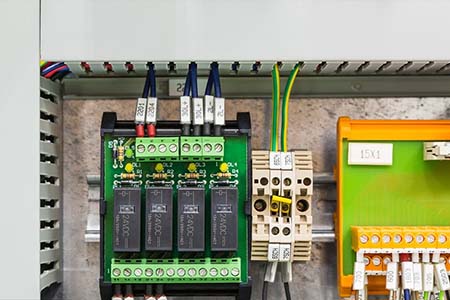
Pin Configuration
The first thing to consider is the pin configuration of the relay you will be using. Make sure the socket you choose is compatible with the relay’s pinout.

Contact Rating
The contacts of the receptacle should be rated to handle the current and voltage of the circuit in which it will be used. Be sure to choose a receptacle with a rating compatible with the relay and circuit.
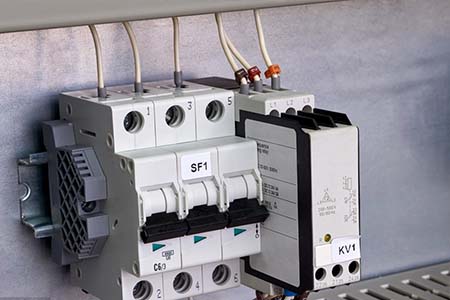
Installation method
The installation method of the socket should be compatible with the application. For example, if you’re going to mount your outlets in a panel, choose a panel mount outlet. If it will be mounted on a PCB, choose a PCB socket.
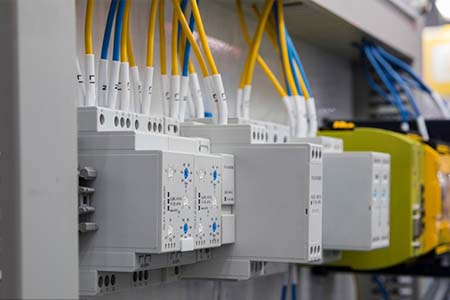
Socket Material
The socket material should be able to withstand the environmental conditions of the application. For example, if the outlet will be exposed to high temperatures, choose an outlet made of a heat-resistant material.
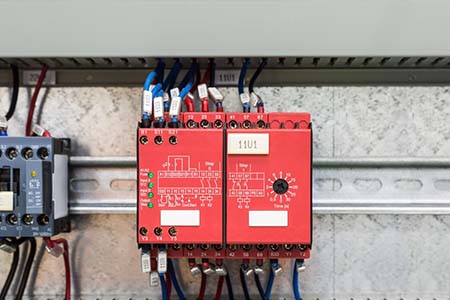
Terminal Type
Consider the terminal type of the outlet. Some outlets have screw terminals, while others have solder terminals. Choose the terminal type that best suits your application.
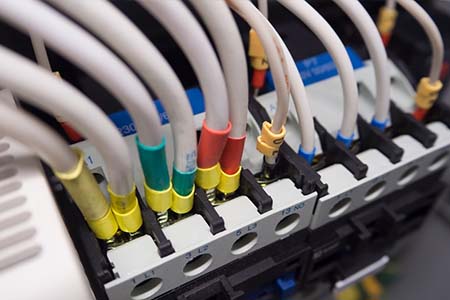
Number of Poles
Consider the number of poles of the socket. If you need a multi-pole relay, make sure the socket has enough slots to accommodate all of the relay’s pins.
